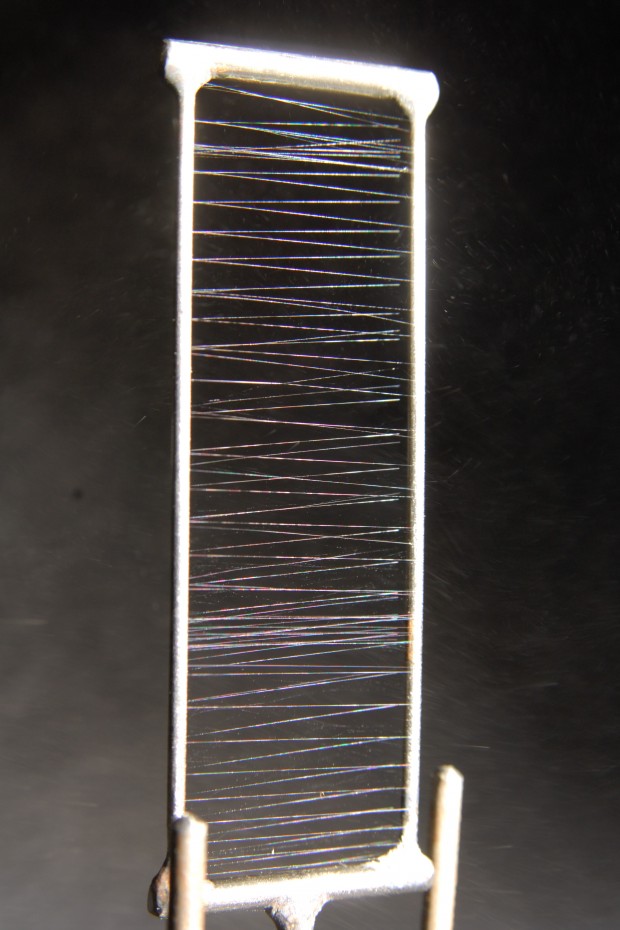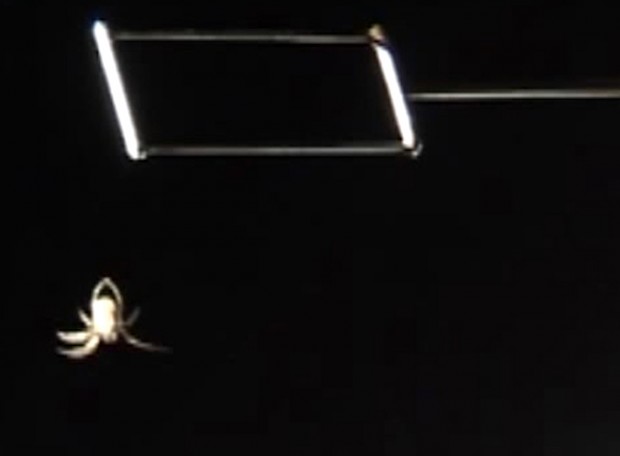Of note for Defence in the media today are the issues of Asbestosis, initiation ceremonies and the US announcement to send special operations forces to fight on the ground in Syria.
Asbestosis
The Independent runs a story which says that veterans with asbestosis are being treated unfairly, in a breach of the Armed Forces Covenant. The piece says that the MOD is said to be denying thousands of Naval veterans six-figure payouts, which civilians are eligible for, and that the Royal British Legion is campaigning for a change in policy. It carries a number of case studies and quotes in support of its calls from Chris Simpkins, from the RBL, and Madeleine Moon MP. The MOD position is as follows:
We are currently considering whether a lump sum can be provided for future mesothelioma claimants; this has involved complex issues and discussion with other government departments. Claims for mesothelioma are always treated with the highest priority, in view of the nature of the condition. The Government places great importance on the health and well-being of our veterans and we are absolutely committed to treating them fairly.
Initiation ceremonies
The Daily Mail carries a story about Royal Marines facing “cruel” initiation ceremonies, claiming, amongst other things, that they were made to eat dog food and strip. The paper reports that the events allegedly took place at RM Condor in Arbroath, and says that Marine Ian Tennet will stand trial, as will former Marine Ryan Logan, for their alleged treatment of their victim, Carlo Nicholson. The piece adds that Marine Tennet has pleaded not guilty and that Logan has indicated he will do the same.
The MOD’s position is as follows:
Bullying, harassment or abuse have no place in the Armed Forces and will not be tolerated. Personnel found to be guilty of such activity will be dealt with immediately through the military disciplinary channels, which can include being discharged from the service. Any allegations of a criminal nature are handed to the police.
Syria
Most of the papers cover the announcement that the US is to send special operations forces to fight on the ground in Syria, with many outlets saying that this signals a significant shift in strategy for the White House in its fight against ISIL. The Financial Times, the Times, the Guardian and the Independent all say President Barack Obama has agreed to send a small force - no more than 50 - to bolster rebel forces..
Afghanistan
The Guardian (magazine) runs a feature on the families of some of the 453 UK personnel who died during the 13-year Afghanistan campaign. First-person pieces are included from Captain Mark Hale’s wife, Corporal Channing Day’s mother and Lance Corporal John Murphy’s wife, among others. They are emotive pieces looking at the last photos of the family members together, how the couples met, how they died and the pride of their relatives for their Service to their country.
Today's images
On All Hallows' Eve, the Defence Science and Technology Laboratory (Dstl) is showing how spider webs are being used to study how biological materials, such as the Ebola virus, could survive in the environment.


Follow us on Twitter and don’t forget to sign up for email alerts.
